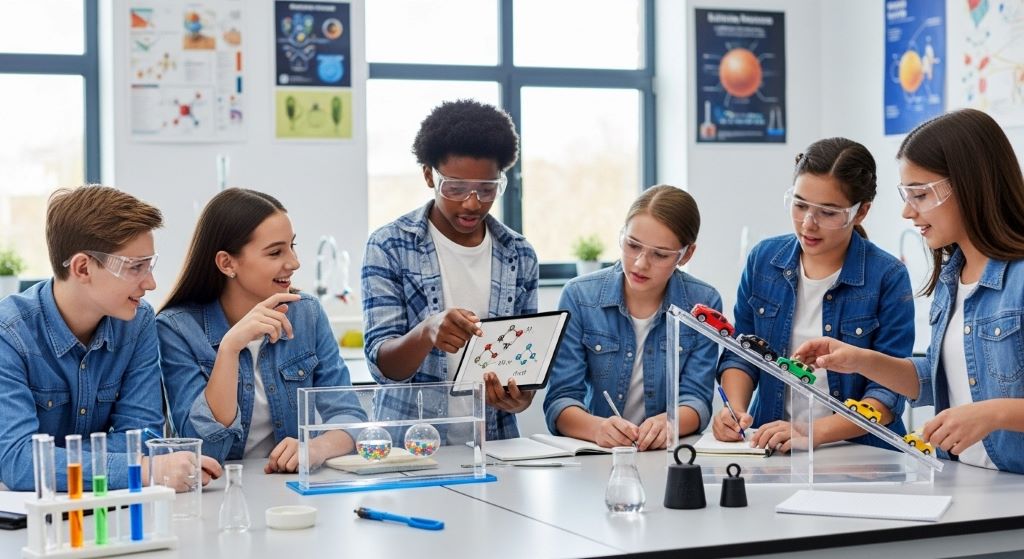In today’s hyper-connected world, students face an unprecedented barrage of distractions. From smartphones buzzing with notifications to the allure of social media, maintaining focus can feel like an uphill battle. This constant attention tug-of-war can have a significant impact on learning and academic achievement.
But fear not! Some powerful tools and strategies can empower students to conquer distractions and cultivate laser-sharp focus. This article equips students, parents, and educators with practical tips, backed by research, to create a distraction-free learning environment.
Why Focus Matters: The Science of Attention
Dr. Daniel Levitin, a neuroscientist and author of “The Organized Mind,” emphasizes the importance of attention: “The brain can only process a limited amount of information at a time. The more we try to do at once, the less well we do any of it.”
Distractions overload our cognitive systems, hindering our ability to encode information into memory and retrieve it later. A 2015 University of California, Irvine study found that multitasking on digital devices leads to a decline in cognitive control, making it harder to filter out irrelevant information.
Related: How to Study Math by Yourself

The Toolkit for Focus: Practical Strategies
Here’s a multi-pronged approach to combat distractions and enhance learning:
- Tame the Technology:
- Silence Notifications: Turn off notifications on all devices during study sessions.
- Utilize Focus Apps: Consider apps that block distracting websites and social media for predetermined periods.
- Embrace Analog Tools: Taking notes by hand can improve focus and information retention compared to digital note-taking [Source: Psychological Science Journal, 2014].
- Craft a Focused Environment:
- Minimize Clutter: A cluttered workspace creates visual noise that can hijack attention.
- Optimize Lighting: Studies suggest natural light can boost alertness and concentration.
- Find Your Focus Zone: Some students thrive in quiet solitude, while others benefit from background music. Experiment to find what works best for you.
- Embrace the Power of Planning:
- Chunk Information: Break down large tasks into manageable chunks to prevent feeling overwhelmed.
- Set Time Limits: Schedule dedicated study sessions with clear start and end times.
- The Pomodoro Technique: This popular method involves working in focused 25-minute intervals with short breaks in between.
- Harness the Body-Mind Connection:
- Get Moving: Short bursts of physical activity can improve concentration and cognitive function.
- Prioritize Sleep: Adequate sleep (7-8 hours for teens) is crucial for focus and memory consolidation.
- Mindfulness Practices: Techniques like meditation can train the brain to resist distractions and improve concentration.
Related: 9 times tables trick: How to remember the table
Beyond the Basics: Cultivating Intrinsic Motivation
Finding the “Why”: Research by Dr. Edward Deci, a renowned self-determination theorist, suggests that intrinsic motivation, the desire to learn for the sake of learning itself, is a powerful driver of focus.
- Connect with the Material: Explore how the subject matter relates to your interests and future goals.
- Set SMART Goals: Create Specific, Measurable, Achievable, Relevant, and Time-bound goals to stay engaged.
- Embrace the Challenge: View challenges as opportunities for growth, not roadblocks.
Remember: Overcoming distractions is an ongoing process. Experiment with different techniques, find what works best for you, and celebrate your progress along the way. By harnessing the power of focus, students can unlock their full potential and achieve academic success.






